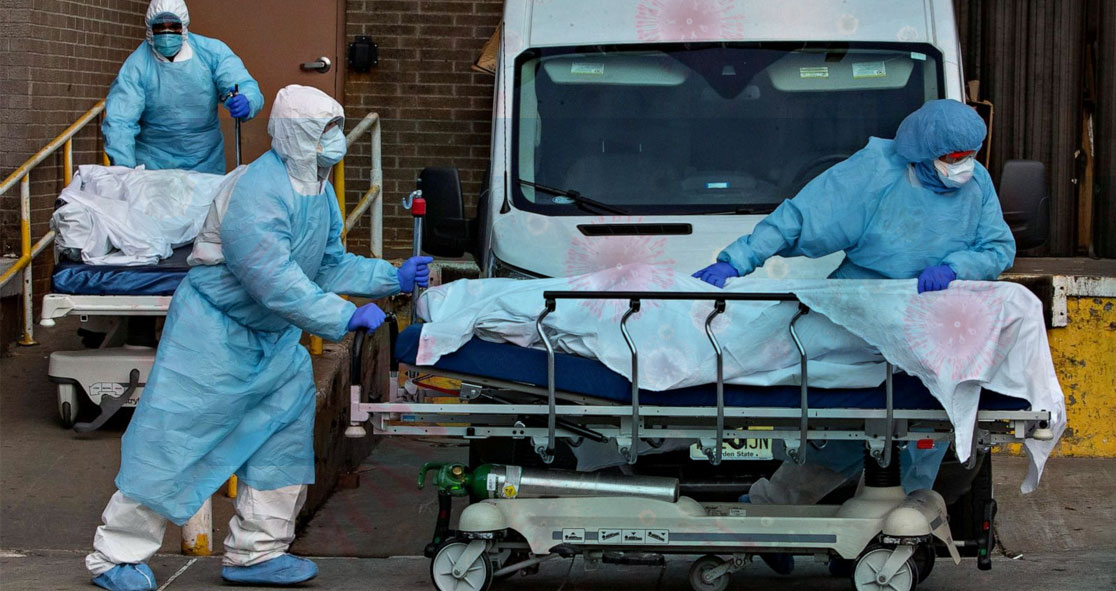The United States reported over 3,080 COVID deaths on Wednesday, going past the number of deaths reported on 9/11, according to New York magazine.
On September 11, 2001, four terrorist attacks killed 2,977 Americans, which was one of the single deadliest terrorist events in the US since the Pearl Harbor attack on December 7, 1941.
Public health experts have looked at the milestone during the past week to measure the magnitude of the coronavirus pandemic, according to Medscape Medical News.
Dr. Naeha Quasba, a family medicine doctor in Baltimore, told the Australian Broadcasting Corporation, “It’s tragic to think that that number of people passed on 9/11. It’s tragic that many passed on 1 day during this pandemic, that’s been going on 10 months.”
“But I feel like we shouldn’t even have to say that,” Dr. Quasba added. “The gravity of what we’ve seen this virus already do should be enough for people to realize how horrific it is.”
On September 8, 1900, the Galveston, Texas, hurricane is estimated to have killed nearly 12,000 people, which remains the deadliest natural disaster and the worst hurricane in the US.
Furthermore, on September 17, 1862, the Civil War Battle of Antietam killed over 3,600 Union and Confederate soldiers.
The officials believe that single-day death totals from COVID are expected to increase in the coming weeks, as the number of cases and hospitalizations continues to rise.
On Wednesday, around 107,000 COVID-19 patients were hospitalized, according to the COVID Tracking Project.
The number of coronavirus cases has spiked across the nation during the past month, as people have embarked on holiday travel and spent more time indoors due to colder weather.
The officials said daily cases and hospitalizations have nearly doubled since November 10.
So far, the virus killed more than 299,000 people, with the officials expecting additional 200,000 deaths by February.
Dr. Jeffery Gold of the University of Nebraska Medical Center told the Australian Broadcasting Corporation, “The tale is going to be told in what happens in the next 7-10 days, as to whether the travel, social gatherings, and other such things have had any impact in the states.”
“Everybody is concerned about that, myself included,” he added. “We’re going to have to hold our breath for this next period of time to see what the actual impact is.” The article was published in Medscape Medical News, sourced from New York magazine, Australian Broadcasting Corporation, and Bloomberg News.























